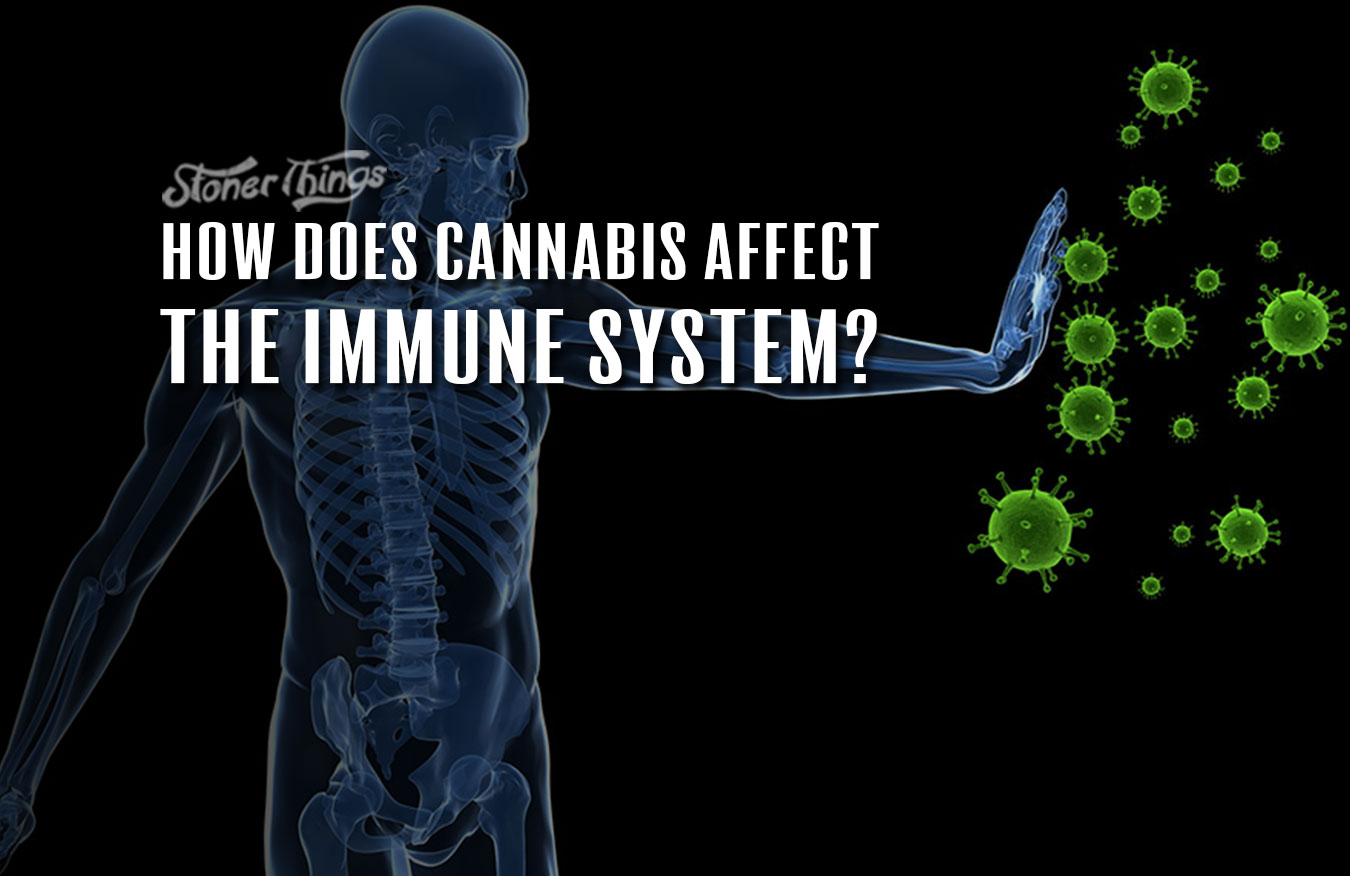Searching for cannabis-related wellness information on the web, you can find a wide array of health benefits and cautions. So what’s the real story? Cannabis has flipped the script on the “narcotic” connotation and moved into a therapeutic realm. Now cannabis is being celebrated for the benefits it has related to managing several chronic medical conditions. And as information about cannabis spreads far and wide, consumers are self-educating on the role of cannabinoids in helping to treat autoimmune diseases, inflammation, cancer, mental health, and gastrointestinal issues.
The big question remains: how does cannabis affect the immune system, big-picture? Does it weaken or boost the immune response? Are frequent cannabis users more apt to getting infections or more vulnerable to contagious diseases? Is the opposite true? Some say cannabis suppresses immune system function. Others say the opposite. Either way, it’s confusing and conflicting. In the last year, with the COVID pandemic, immune system function has become a frequent topic of conversation.
The two studies with the most impact on the theory that cannabis is beneficial to the immune system involve HIV/AIDS. The first study to look at this was published in 2014 and studied THC’s influence on disease-fighting cells in monkeys. The second study to research this specific topic was conducted by Mount Sinai School of Medicine in New York City. This study revealed that cannabinoids prevented the HIV virus from infecting immune system cells, reducing the number of infected cells by between 30 and 60 percent.
That research seemed to imply that cannabis has a significant impact (in a good way) on the immune system. Critics point out that most of the cannabis issues are based on the delivery mechanism — smoking –and research then moves into the effects of smoking cannabis on the lungs (and the correlating impacts to immune defense systems). Those studies focus on how smoking cannabis may cause airway injury, lung inflammation, and pulmonary impairment.
Remember the source of the information and the terminology used. Because weed is still federally illegal, the feds still tend to call it marijuana. So, correspondingly, the DEA does not support HIV/AIDS patients using marijuana. That’s no surprise. It’s against many policies and political interests to imply the federal government endorses medical marijuana.
There are so many variables that it’s challenging to definitively prove that cannabis has a positive effect on health. There are vaccinations to consider, general health, genetics, and more. All we know right now is that much research implies that cannabis has either no effect or a positive effect on immune system cells.
While science continues to uncover our understanding of the effects of cannabis on the body, we need to maintain our curiosity about how cannabis affects the immune system and collect data concerning this topic. The nature of the push for legalization should help with more conclusive research to answer whether cannabis is good or bad for the immune system.














The endocannabinoid system is the immune system’s dimmer switch, up and down as needed; and cannabis prevents the “cytokine storm” which storms result from a sudden acute increase in circulating levels of different pro-inflammatory cytokines.